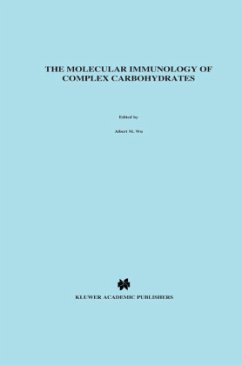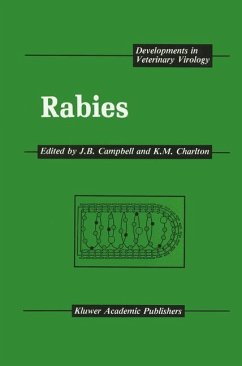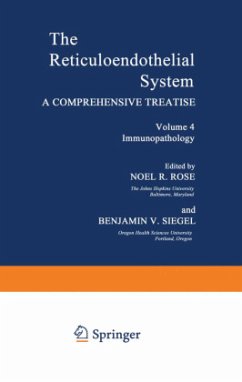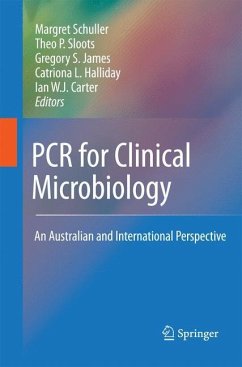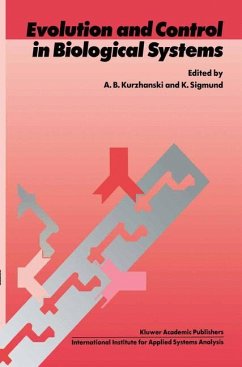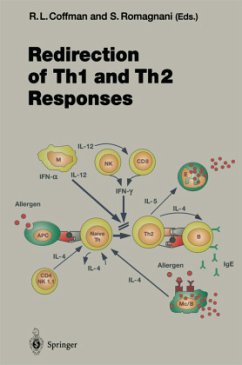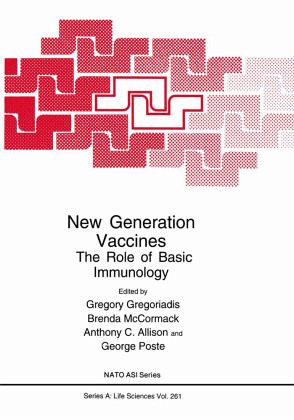
New Generation Vaccines
The Role of Basic Immunology
Herausgegeben: Gregoriadis, Gregory; Poste, George; McCormack, Brenda; Allison, Anthony C.

PAYBACK Punkte
20 °P sammeln!
It is widely accepted that vaccination still renains the best answer to ITDst infectious diseases. Recently, vaccine developnent has been greatly facilitated by advances in ITDlecular and cell biology which have laid the foundations of a new generation of vaccines. '!hese are exemplified by submit vaccines produced through gene cloning and synthetic peptides mimicking snall regions of proteins on the outer coat of viruses and capable of eliciting virus neutralizing antibodies. However, submit and peptide vaccines are only weakly or non-inmmogenic in the absence of immunological adjuvants. The ...
It is widely accepted that vaccination still renains the best answer to ITDst infectious diseases. Recently, vaccine developnent has been greatly facilitated by advances in ITDlecular and cell biology which have laid the foundations of a new generation of vaccines. '!hese are exemplified by submit vaccines produced through gene cloning and synthetic peptides mimicking snall regions of proteins on the outer coat of viruses and capable of eliciting virus neutralizing antibodies. However, submit and peptide vaccines are only weakly or non-inmmogenic in the absence of immunological adjuvants. The latter are a diverse array of agents that augment specific cell-mediated immune responses to the antigens and the formation of protective antibodies. '!his book contains the proceedings of the 3rd NATO Advanced Studies Institute (ASI) "New-Generation vaccines: '!he Role of Basic Irrmmology" held at Cape Sounion Beach, Greece, during 24 June-5 July, 1992. It deals with recent developnents in the understanding of inmmity at the ITDlecular and cellular levels and the application of such knowledge in the search for novel inmmological adjuvants and the fonnulation of new-generation vaccines for experimental and clinical use. We express our appreciation to Professor K. Dalsgaard and H. Snippe for their cooperation in planning the ASI and to Mrs. Concha Perring for her excellent production of the manu scripts. '!he ASI was held tmder the sponsorship of NATO Scientific Affairs Division and generously co-sponsored by SrnithKline Beecham Pharmaceuticals (Fhiladelp,. ia). Financial assistance was also provided by Pasteur Merieux (Marcy L'Etoile), British Biotechnology Ltd.





